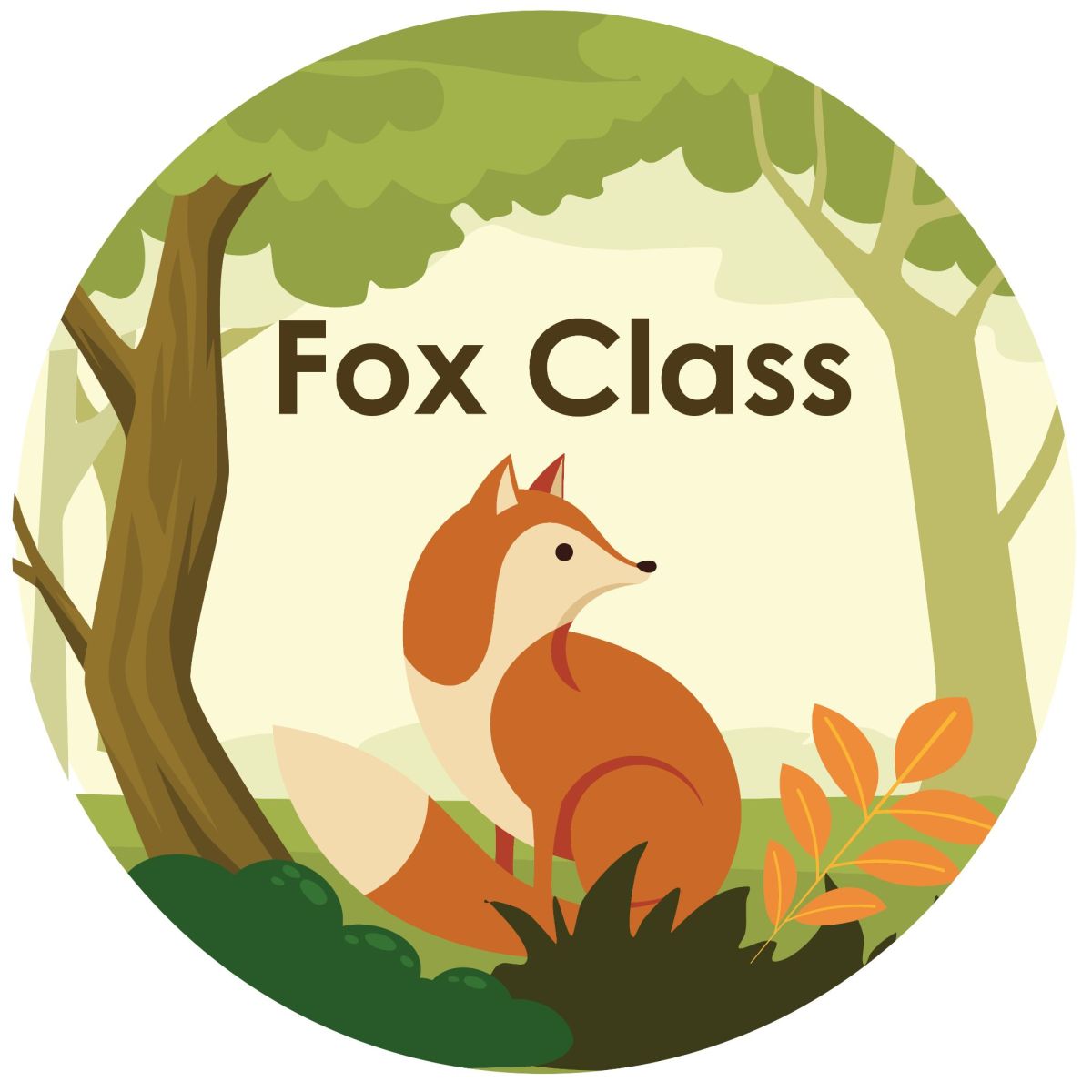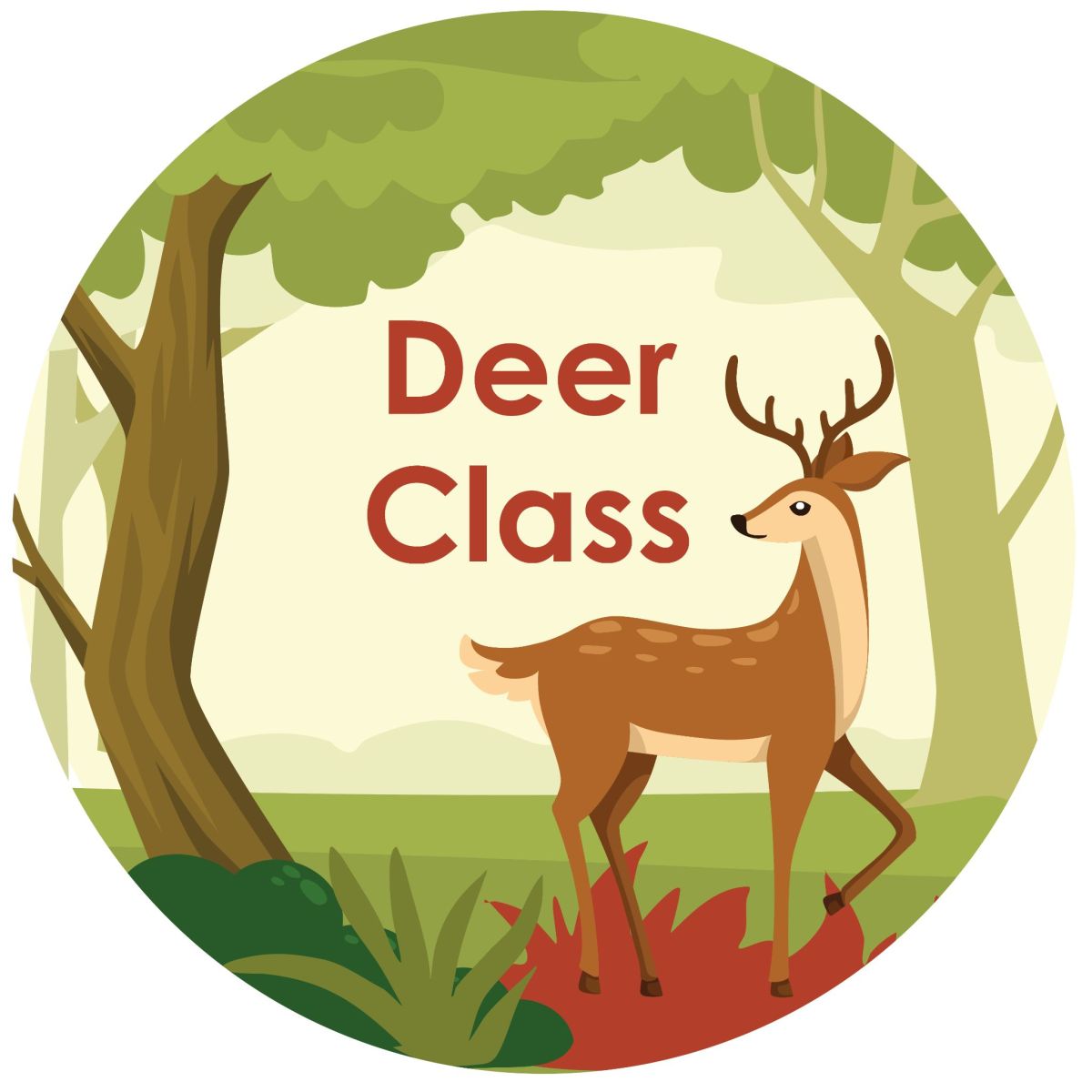.jpg)
The Alton School Resource Base
The Alton is proud to have a SEND Resource Base provision. We are passionate about inclusive education.
The Woodland Centre is our resource base for children with Autism Spectrum Disorder (ASD) with associated learning difficulties.
The Woodland Centre is situated within our mainstream school but it has its own dedicated learning spaces. It has three classrooms, a flexible therapy room (The Den) and its own toilets. We also have a sensory room (opening soon) that is shared with our mainstream children.
The team in our Resource Base is led by an experienced Teacher in Charge, supported by our SENCO and the rest of our leadership team. Further support comes from a dedicated, highly specialist Speech and Language Therapist and an Educational Psychologist. We are also in the process of securing an Occupational Therapist.
In September 2023, we changed our Resource Base designation from MLD (moderate learning difficulties) to ASD (Autism Spectrum Disorder). This means we are no longer accepting applications for places for children with moderate learning difficulties (MLD). The children who are currently in our MLD provision will stay with us to complete their primary school journey.
All new admissions to the Woodland Centre will be for our ASD provision. We are currently full in this class for this academic year.
Our current three classes are as follows.
 Squirrel Class (RB1): ASD Provision
Squirrel Class (RB1): ASD Provision
Squirrel Class focuses on delivering a specific educational programme for children identified with Autistic Spectrum Disorders (ASD) with associate learning difficulties. Squirrel Class currently has 7 places for children with ASD in Y1 or Yr2.
Squirrel Class is led by Ms O’Dowd (the teacher in charge of the Resource Base) and supported by Ms Bates and Ms Miller, our two SEN LSAs and Autism Champions. They work alongside other professionals such as the Speech and Language Therapist; Educational Psychologist; School Nursing; Wandsworth Autism Advisory Service and Occupational Therapists, as well as the mainstream class teachers, to provide a tailored curriculum to meet the individual needs of our children. We believe all children with ASD are unique and require an adapted curriculum to suit their needs and to develop the ‘whole child’ against the academic and wider curricula. Children work in a small group with adult support and are encouraged to work with different adults to help them gain independence.
Children work in a structured and ASD-friendly environment and our staff receive training regularly to support the delivery of a variety of ASD strategies and techniques.
 Fox Class (RB2) and Deer Class (RB3): Moderate Learning Difficulties
Fox Class (RB2) and Deer Class (RB3): Moderate Learning Difficulties
Fox Class and Deer Class are led by Mrs Lamb, Ms Stewart-Paterson and Ms Gibbons, our RB leads, supported by Ms Garmson, Ms Mohamed and Ms Davies – SEN LSAs.
These classes are focused on supporting our learners whose primary barrier to progressing in education is learning and cognition. They may have a diagnosis of global developmental delay or learning difficulties/disabilities (general or moderate). The children we support in these classes are typically 2 to 3 years behind their peers in education attainment levels in all areas of their learning and development. We teach the national curriculum and life skills.
 Our learning is multi-sensory and incorporate performance arts, food, props and movement to support engagement, understanding and expression.
Our learning is multi-sensory and incorporate performance arts, food, props and movement to support engagement, understanding and expression.
We have specialist teaching & therapy approaches for literacy, numeracy and communication. The adult's and children’s communications are supported with Makaton and visual support. We have holistic approaches embedded into teaching interventions and pastoral care including yoga, nature, and music.
Children work in a structured, low arousal environment with high adult to child ratios.
